Loudspeakers are an essential part of any sound system and play a crucial role in determining the quality of the audio output. While high-frequency speakers are important for reproducing treble sounds, low-frequency speakers, also known as subwoofers, are critical for producing deep and powerful bass tones.
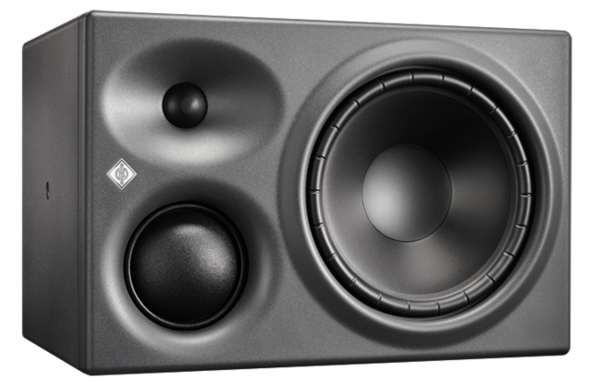
Types of loudspeakers
When talking about loudspeakers, two types have to be distinguished: two-way speakers and three-way speakers. They differ in the number of drivers they have, which affects the frequency response and overall sound quality.
-
-
Two-way loudspeakers
-
A two-way loudspeaker is a type of speaker that has two separate drivers, each dedicated to reproducing a specific frequency range. The two drivers are:
- Tweeter: A high-frequency driver that produces high-pitched sounds such as cymbals and vocals.
- Woofer: A low-frequency driver that produces deep bass tones, such as drums and bass guitar.
The advantage of a two-way speaker is its simplicity and cost-effectiveness compared to a three-way speaker. Two-way speakers are often used in budget-conscious systems and in applications where a full-range speaker is desired but space is limited. The trade-off is that the frequency response of a two-way speaker is not as accurate as a three-way speaker, and the sound quality may not be as good.
-
-
Three-way loudspeakers
-
A three-way loudspeaker is a type of speaker that has three separate drivers, each dedicated to reproducing a specific frequency range. The three drivers are:
- Tweeter: A high-frequency driver that produces high-pitched sounds such as cymbals and vocals.
- Midrange: A driver that reproduces mid-range frequencies, such as guitars and saxophones.
- Woofer: A low-frequency driver that produces deep bass tones, such as drums and bass guitar.
The advantage of a three-way speaker is that each driver can be optimized for its specific frequency range, resulting in better overall sound quality and more accurate reproduction of the audio signal. This type of speaker is commonly used in high-end home theater and music systems, where accuracy and sound quality are of utmost importance.
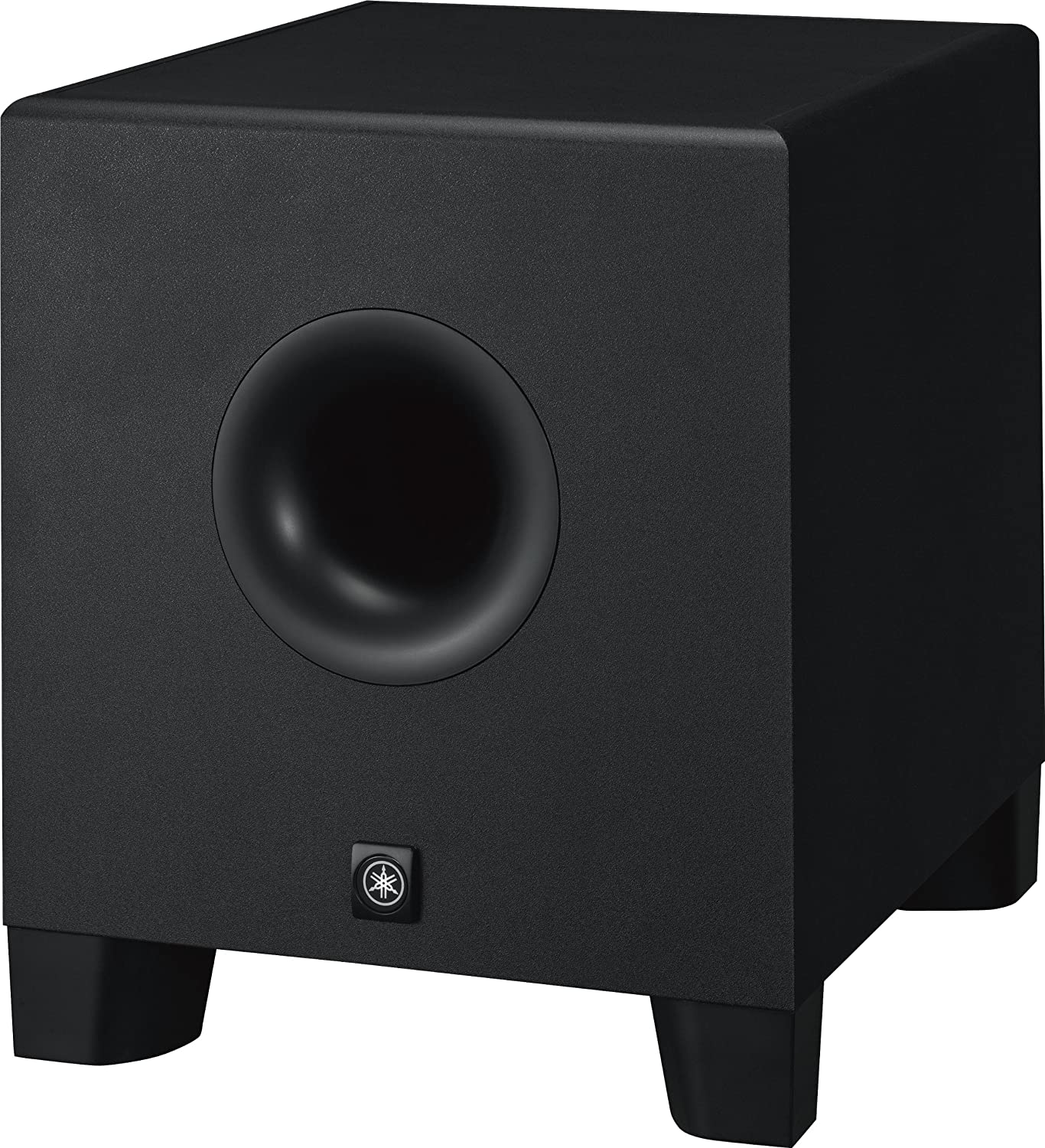
What are Low-Frequency Loudspeakers?
Low-frequency speakers are designed specifically to handle low-frequency sounds, typically in the 20Hz to 200Hz range. They are larger in size and contain a powerful magnet and large diaphragm that can move significant amounts of air to produce deep and punchy bass tones.
Why are Low-Frequency Loudspeakers Important?
Low-frequency speakers add depth and impact to music, making it more enjoyable to listen to. They are especially important for genres such as hip-hop, electronic dance music (EDM), and heavy metal where bass is a critical component of the sound. Without a good subwoofer, the music can sound thin and lack the dynamic range necessary to truly immerse the listener.
When should a low-frequency loudspeaker be used?
Low-frequency loudspeakers come in handy when using two-way loudspeakers. Three-way loudspeakers have optimized drivers for low, mid and high frequencies while a two-way speaker can only separate high from low frequencies. Adding a low-frequency loudspeaker or subwoofer to the system (converting it to three-way system) can be beneficial for many reasons:
- Improved Bass Reproduction: A dedicated low-frequency loudspeaker can produce deeper and more accurate bass tones, as the woofer in a two-way speaker may not be able to handle the low frequencies effectively.
- Enhanced Sound Quality: By having a separate low-frequency loudspeaker, the woofer in the two-way speaker can be designed to produce mid-range frequencies more efficiently, resulting in overall improved sound quality.
- Reduced Distortion: Low-frequency sounds can cause distortion in the woofer of a two-way speaker, but using a separate low-frequency loudspeaker can reduce this distortion and improve the overall sound quality.
However, using a low-frequency loudspeaker with two-way loudspeakers can also result in decreased efficiency and added complexity, as well as the need for a crossover network to split the audio signal into separate frequency ranges for each speaker.
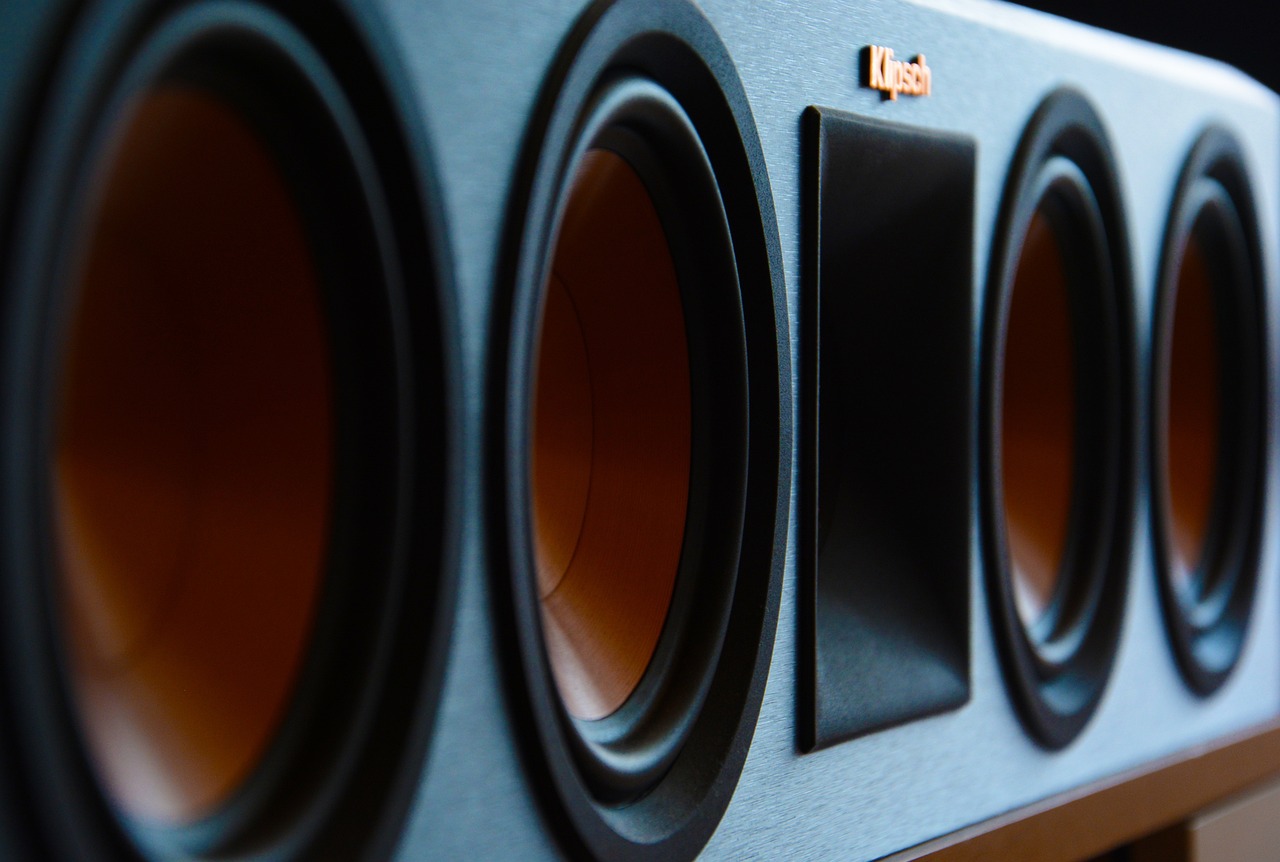
Types of Low-Frequency Loudspeakers
There are several types of low-frequency speakers available in the market, each with its unique design and features. Some of the most popular types include:
- Powered Subwoofers: These are self-contained units that have an amplifier built-in and require only a signal input to produce sound.
- Passive Subwoofers: These are larger speaker drivers that require an external amplifier to drive them. They offer greater flexibility in terms of system design and are ideal for high-end sound systems.
Choosing the Right Low-Frequency Loudspeaker
When choosing a low-frequency speaker, it is important to consider several factors, including the size of your room, the type of music you listen to, and your budget. You should also consider the power handling capability of the speaker, its frequency response, and the sensitivity of the driver.
Top-recommended three-way speakers
Here is a list of highly popular and recommended among industry professionals three-way loudspeakers:
Top-recommended two-way speakers
Here is a list of highly popular and recommended among industry professionals two-way loudspeakers:
It is highly recommended to pair a two-way speaker system with a low-frequency loudspeaker or subwoofer from the same brand to get the best results.
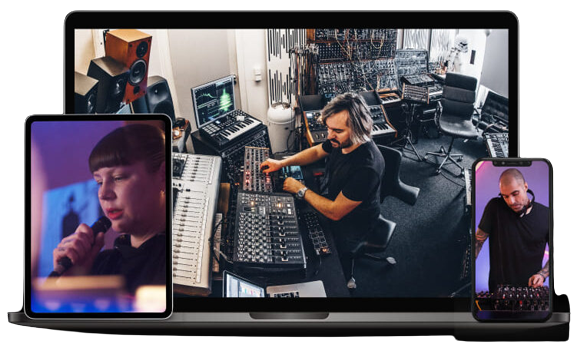
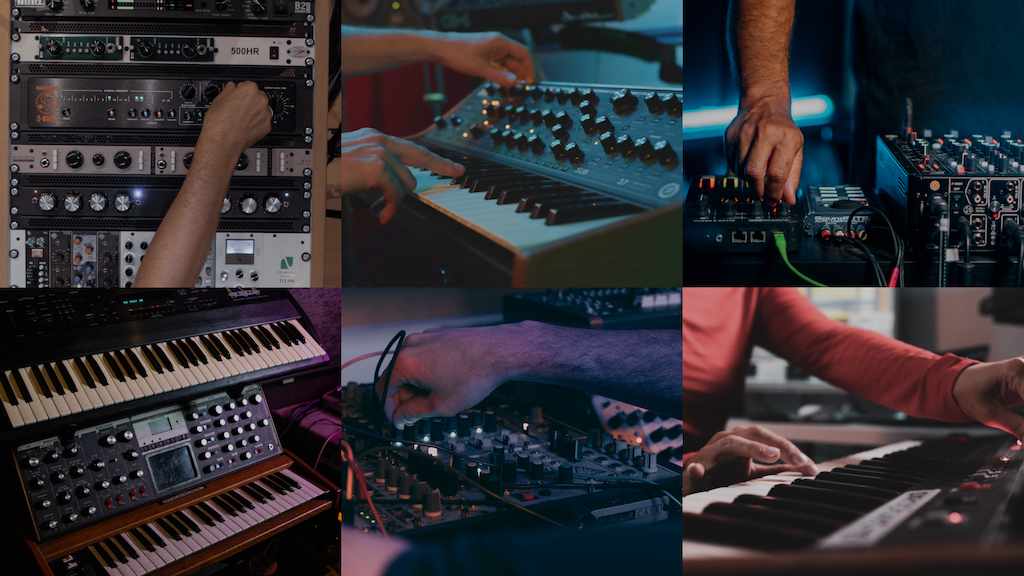
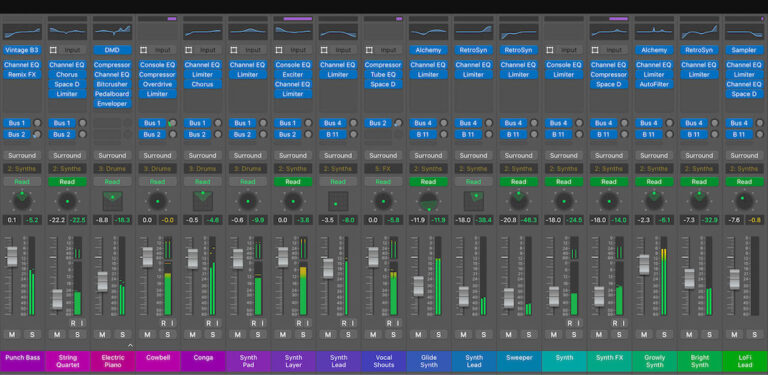
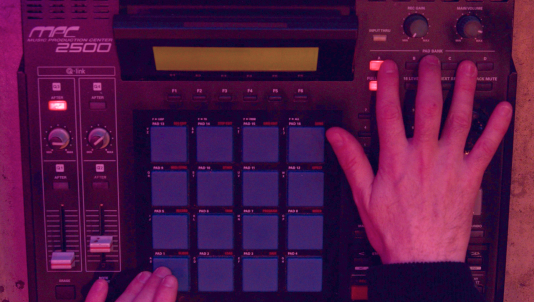

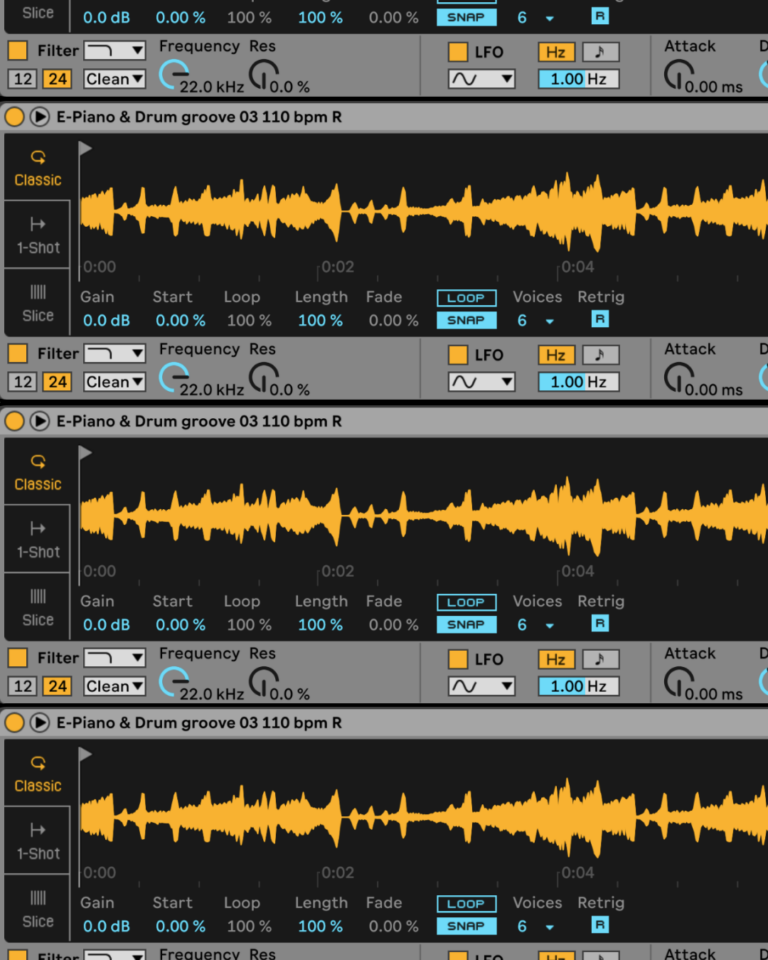
 50 Industry Music Production Tips You Must Know
50 Industry Music Production Tips You Must Know




